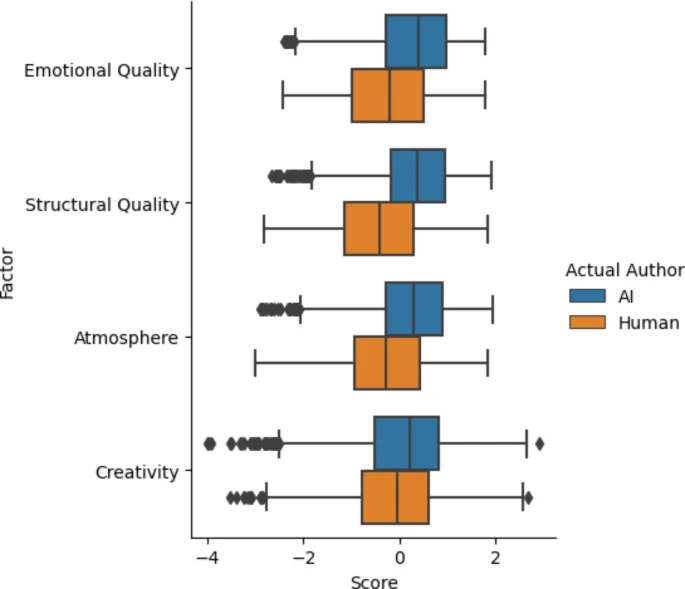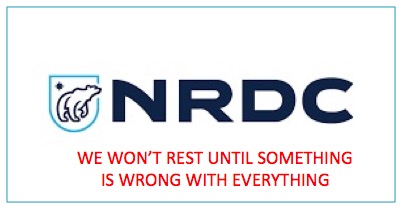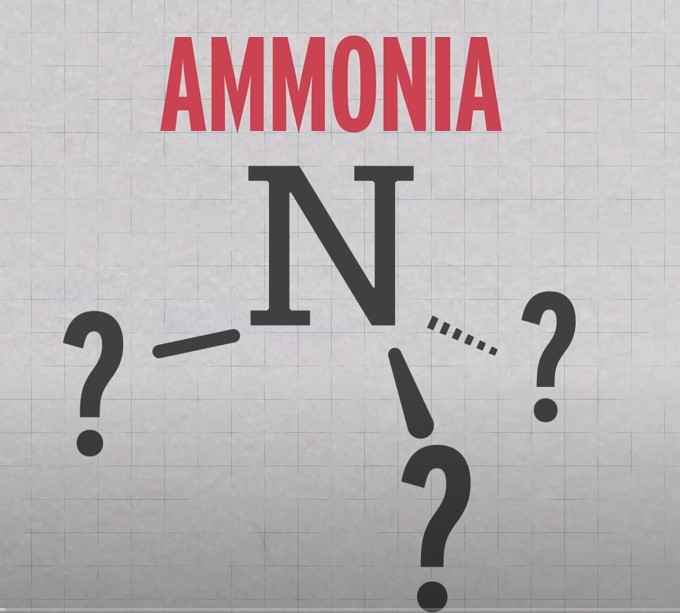 Minnesota Trial Lawyers Want To Ban Neonics - Here Is Why That Is A Mistake
Minnesota Trial Lawyers Want To Ban Neonics - Here Is Why That Is A MistakeMinnesota is having a challenging year, so challenging they are approaching California as the wackiest...
 The Toxic Masculinity Of Disney Movies
The Toxic Masculinity Of Disney MoviesOnce upon a time, stories were just stories. They were fantasies that took people to a new world...
 AI And The Poetry Problem
AI And The Poetry ProblemArtificial Intelligence is artificial, but it is not intelligence. That could change some day but...
 Morte Alla Francia Italia Anela - The Secret History Of Organized Crime In 1343
Morte Alla Francia Italia Anela - The Secret History Of Organized Crime In 1343Italy as we know it today had not been such since the days of the Roman Empire. You can see that...










